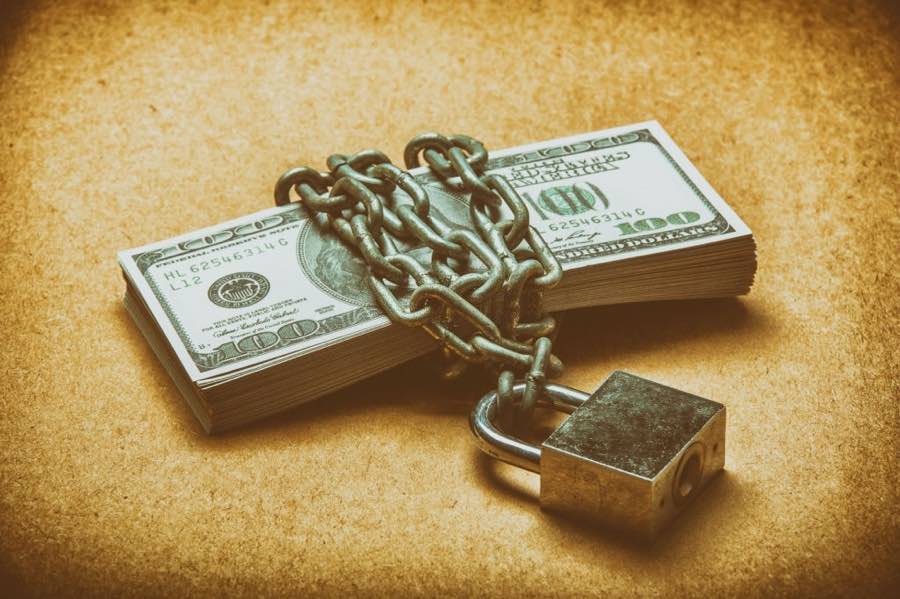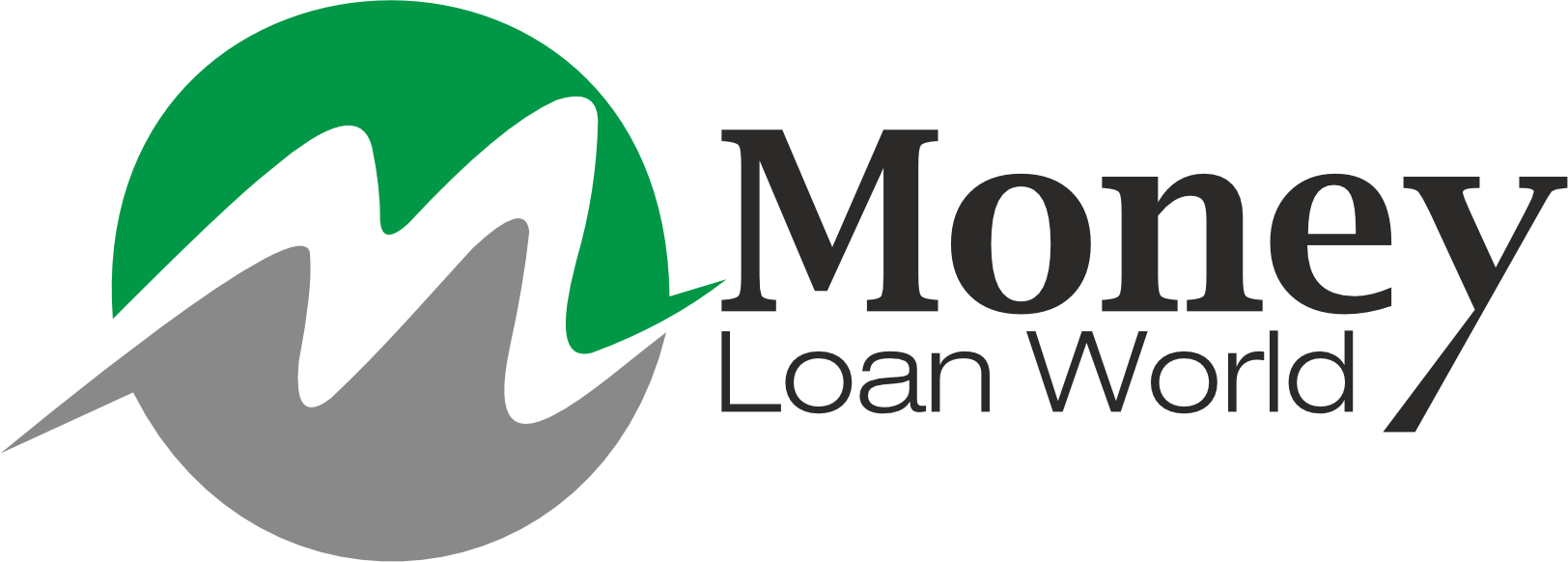What Constitutes a Share-Secured Loan and How Does It Operate? When the need to borrow money arises, one encounters a variety of options, each possessing its own unique terms, conditions, and purposes. Among these options lies a less familiar but valuable choice known as a share-secured loan. In the pages that follow, we will embark on an exploration of the essence of a share-secured loan and the mechanics governing it, casting light upon its advantages, the application process, potential pitfalls, and alternatives. By the article's conclusion, you shall possess a lucid comprehension of whether this loan type aligns with your financial requisites.
 Read more.. India-UK FTA could make UK-made whiskey, luxury cars cheaper
Read more.. What Does a Pet Dog Insurance Plan Cover?
Read more.. India-UK FTA could make UK-made whiskey, luxury cars cheaper
Read more.. What Does a Pet Dog Insurance Plan Cover?
Deciphering Share-Secured Loans
What Exactly is a Share-Secured Loan?
A share-secured loan stands as a distinctive form of lending that employs your personal savings or deposit account as collateral. When you apply for such a loan, you effectively 'secure' it with the balance residing in your savings account or a certificate of deposit (CD). This signifies that you are essentially borrowing against your own funds, which is a defining feature of share-secured loans.
 Read more.. What Does Home Insurance Cover in Canada?
Read more.. What Is Pet Insurance and How Does It Work?
Read more.. What Does Home Insurance Cover in Canada?
Read more.. What Is Pet Insurance and How Does It Work?
How Does It Operate?
The mechanics behind share-secured loans are straightforward. The lending institution temporarily places a hold on a portion of the funds in your savings account or CD that equals the amount of the loan you are seeking. This precaution guarantees that they have a form of security in case you fail to meet your loan obligations. The amount you can borrow is frequently linked to the balance in your savings account, typically ranging from 90% to 100% of the account balance.
Advantages Inherent to Share-Secured Loans
Favorable Interest Rates
One of the most alluring aspects of share-secured loans is the typically lower interest rates they offer. Lenders are more willing to provide favorable rates since the level of risk is reduced - your savings are serving as collateral. This can result in reduced monthly payments and an overall decrease in borrowing expenses.
Credit Establishment or Rebuilding
Share-secured loans constitute an invaluable tool for those seeking to initiate or restore their credit history. Timely repayments serve as a testament to responsible credit behavior, potentially leading to an enhancement of your credit score over time. This makes it an attractive option for individuals grappling with limited credit history or less-than-ideal credit scores.
Application Procedures for Share-Secured Loans
Eligibility Criteria
The eligibility requirements for share-secured loans are typically more lenient in comparison to other loan types. Since the loan is secured by your savings, lenders are less concerned about your credit history. Consequently, these loans offer accessibility to individuals who may face challenges in obtaining approval for unsecured loans.
Loan Amounts and Terms
The sum you can borrow hinges on the balance in your savings account or CD. The loan term can vary but is generally shorter, often ranging from one to five years. It is important to bear in mind that the interest rate on share-secured loans is usually fixed, signifying that the rate remains unaltered over the loan's duration.
Repayment and Credit Enhancement
The Importance of Timely Payments
Timely payments on your share-secured loan are of paramount importance. Not only do they ensure that you are honoring your financial commitments, but they also serve to safeguard your savings. Missing payments could lead to the lender utilizing the funds in your account to settle the debt, which represents the primary method of securing these loans.
Impact on Credit Scores
Continued punctuality in making payments leads to a positive impact on your credit score. This gradual amelioration in your credit history can open doors to improved borrowing opportunities in the future.
Risks and Precautions
Risk of Losing Savings
Despite their advantages, share-secured loans carry potential drawbacks. Failure to meet payments could put your savings account or CD in jeopardy. It is imperative to manage these loans responsibly to shield your savings.
Prudent Management
Effectively managing a share-secured loan necessitates vigilance. Timely payments must be made, and familiarity with the terms and conditions is essential. Responsible management ensures that you reap the benefits of these loans without jeopardizing your savings.
Alternatives to Share-Secured Loans
Unsecured Personal Loans
Individuals with strong credit histories might qualify for unsecured personal loans, which do not necessitate collateral. These loans are versatile but typically come with higher interest rates.
Secured Loans
Secured loans, such as auto loans or mortgages, call for collateral, such as a vehicle or a home. If you possess substantial assets that can be used as collateral, this could be a viable avenue to explore.
Case Study: Share-Secured Loan in Practice
A Real-Life Illustration
To provide insight into the practical workings of share-secured loans, we shall contemplate a real-life scenario. Let's follow John, a young professional with limited credit history, as he opts for a share-secured loan to acquire a used car.
Outcomes and Insights
We shall examine the outcomes of John's decision, including its impact on his credit score and any challenges encountered during the process.
Share-Secured Loans vs. Other Loan Types
Discerning Differences
We shall delve into the key distinctions that set share-secured loans apart from other loan categories, such as personal loans, credit cards, and secured loans.
When to Consider a Share-Secured Loan
This section will address the circumstances under which a share-secured loan is a suitable option and when it might not be the most prudent choice.
In Conclusion
Share-secured loans furnish a distinct avenue for accessing funds while constructing or reconstructing your credit. They come with unique advantages and potential risks. A comprehensive understanding of their operation and responsible management is critical to ensure they work to your advantage.
Frequently Asked Questions
What is the minimum credit score required for a share-secured loan?
Share-secured loans often have more relaxed credit prerequisites, and some may not even stipulate a minimum credit score requirement.
Can I withdraw funds from my savings account while the loan is active?
Yes, you can typically access your savings, although the lender will retain a portion of the funds as collateral until the loan is repaid.
Is a share-secured loan a viable option for debt consolidation?
Share-secured loans can be employed for debt consolidation, but it is imperative to compare the interest rates and terms to ascertain whether it represents the best choice for your circumstances.
Do share-secured loans feature variable interest rates?
Share-secured loans generally feature fixed interest rates, meaning that the rate remains consistent throughout the loan's duration.
How long does it take to witness an enhancement in my credit score with a share-secured loan?
Improvements in your credit score may become evident within a few months of consistent, punctual payments, but substantial changes might require more time.

